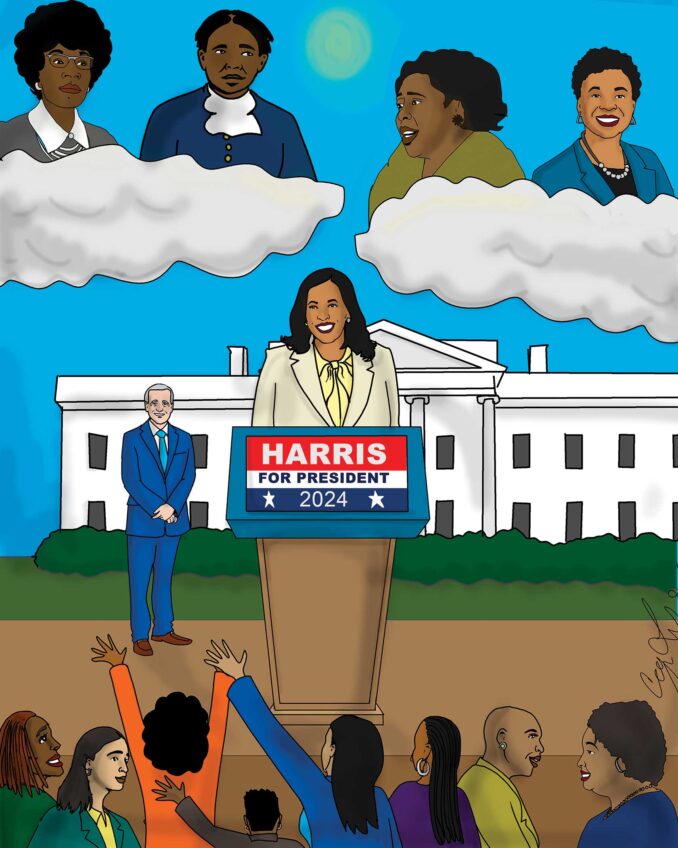
Protecting voter rights
Each state has the right to establish the rules governing elections; however, the 15th Amendment to the U.S. Constitution prevents the states from abridging a citizen’s right to vote because of race.
In some states where a close vote for Romney is predicted in November, Republicans in power are establishing impediments for blacks and other minorities. The legal cover is that the obstructions are necessary to prevent voter fraud.
In southern states the tactics are less effective because of Section 5 of the Voting Rights Act. The effort in Florida to reduce early voting days from 12 to eight failed in federal court for that reason in some districts. In Pennsylvania, a northern state, the Commonwealth Court upheld a requirement that voters have state issued photo IDs.
The Republican Secretary of State in Ohio originally permitted each county to set the hours and dates for early voting, but when the result was so clearly prejudicial, he then established a uniform rule.
African Americans must become aggressive about becoming qualified to vote in order to avoid a massive disenfranchisement. Their success in fighting these strategies will determine the outcome of the election.
Sources of power: Wealth and politics
An unintended consequence of the civil rights movement impairs the social progress of African Americans today. Back then the essence of the battle was to demand and require that those in power afford blacks their rights under the U.S. Constitution.
Such a simplification of the nature of the struggle does not demean the conscientiousness, determination and valor of those who risked their lives in confronting racial segregation and discrimination. The rewards for their efforts were U.S. Supreme Court decisions and federal laws that more clearly defined citizens’ rights and established penalties for their violation.
It is fair to say that when President Lyndon Johnson signed the Civil Rights Act of 1964 and the Voting Rights Act of 1965, the civil rights battle was essentially over and African Americans had won. As in many conflicts this victory was an armistice. It will take considerable time and effort to remove the ravages of racial conflict from the American landscape.
Many African Americans were disappointed that the victory had not been more economically rewarding. Generations of racial discrimination had left the majority of blacks and other minorities in inferior financial circumstances. There was a feeling that there should be an economic boon to lift minorities to economic parity. Some believed that this goal could be reached with employment of the same tactics and strategies that resulted in changes in the laws.
Alas, there is no constitutional requirement for every citizen to be anointed a millionaire. Everyone who wants to acquire professional and business success must enter the field of battle and compete. Affluence cannot be attained merely through protest.
According to the Minority Business Development Agency of the U.S. Department of Commerce, minority-owned firms grew faster than others between 2002 and 2007 in number, revenue and employment. Undoubtedly the recession has impeded growth in recent years. Another problem is that minority entrepreneurs have generally not yet realized the importance of developing political clout. The U.S. Supreme Court “Citizens United” case of 2010 has unleashed massive corporate involvement in politics and demonstrated the impact that businesses can have on elections.
Today the drive for the business success of minorities must employ methods more subtle and sophisticated than those effective in the civil rights movement. However, there is a sometimes overpowering inclination to resort to what has worked in the past.






